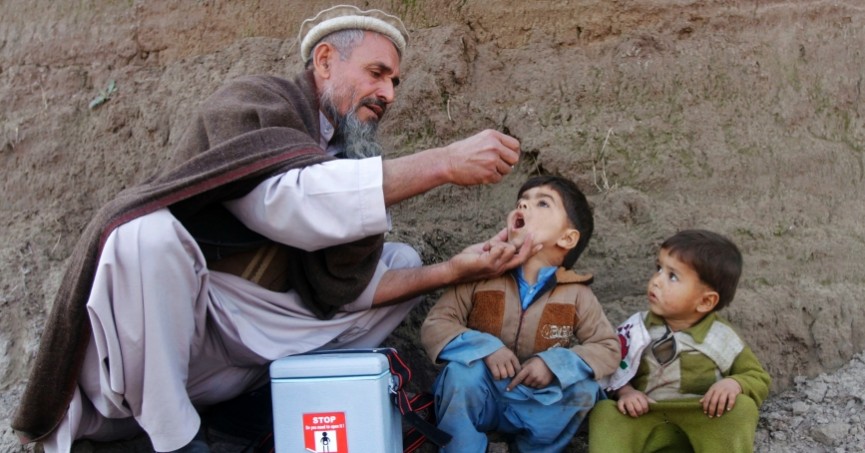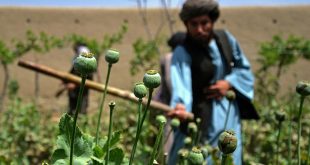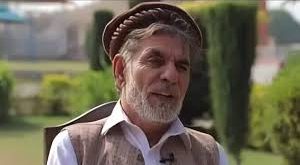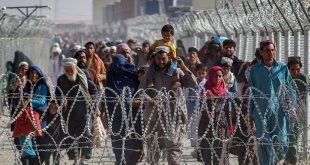AT Monitoring Desk-KABUL: The Italian government on Tuesday granted 4.3 million Euros to Afghanistan to fight polio in the country and to improve the nutritional status of children under the age of five. Khaama Press reported, citing a UNICEF statement.
A representative of World Health Organization (WHO) said this Italian fund would be crucial in consolidating efforts to overcome polio in the country.
According to the statement by UNICEF, at least 2.5 million Euros of this amount would be granted to UNICEF and the WHO which are both working in the framework of the National Emergency Action Plan for Polio (NEAP) for the sole purpose to interrupt the disease transmission in the country. The remaining 1.8 million Euros have been allocated to UNICEF in order to improve the coverage and quality of nutrition services for children under the age of five, adolescent girls and mothers in the remote and deprived areas in the country, the statement added.
Highlighting Italy’s commitment to improve standard of health of Afghan children, the Italian envoy to Kabul, Roberto Cantone said this amount of contribution is providing opportunity to Afghans to be healthy and to make development and progress in life in the best interests of the whole country.
Based on the Italian aid, the relevant organizations have to address two of the country’s health priorities that included polio and nutrition.
“Afghanistan has come a very long way in working towards being a polio free country. This generous financial support would play a critical role in taking another step forward in eradicating polio from the country,” said Dr. Rik Peeperkorn, WHO representative in Afghanistan.
According to UNICEF, around 10 million children under the age five receive polio vaccination multiple times every year across the country.
This fund would also cover training and supporting vaccinators and social mobilizers in a bid to generate vaccination demand and delivery of vaccines. Moreover, the fund would be used for monitoring the polio campaign and quality of vaccination activities. In Afghanistan 41 percent of children are stunted and a further 1.2 million malnourished.
“Improving the nutritional status of children in Afghanistan is a priority,” said Adele Khodr, UNICEF representative in the country.
“When children do not get the nutrients they need at a young age they are not able to reach their full potential and Afghanistan misses out on one of its most valuable resources—its children, he added.
Polio is highly infectious but entirely preventable disease which remains endemic in the only three countries in the world—Pakistan, Nigeria and Afghanistan. There has been recorded immense progress in eradicating polio in Afghanistan and the country is closer to stopping transmission than ever before. However, proper utilization of the Italian fund is the responsibility of the above mentioned United Nations bodies to overcome polio in the country. The government machinery should provide comfortable environment and security to polio workers to run anti-polio campaign successfully across the country.
 Afghanistan Times
Afghanistan Times




